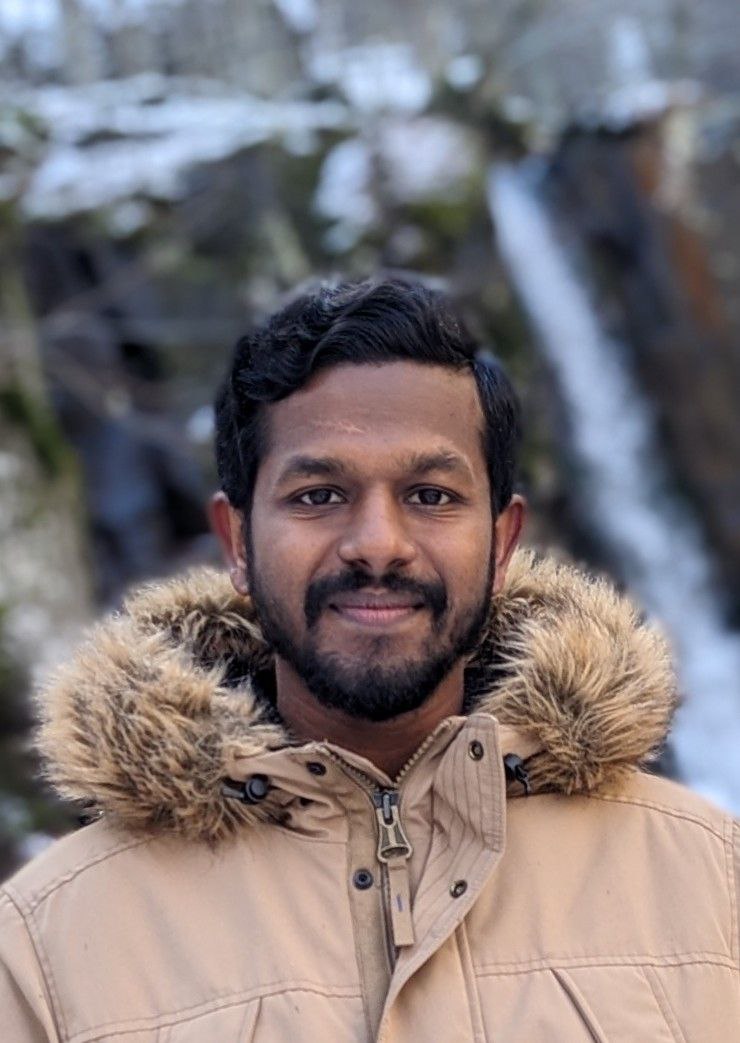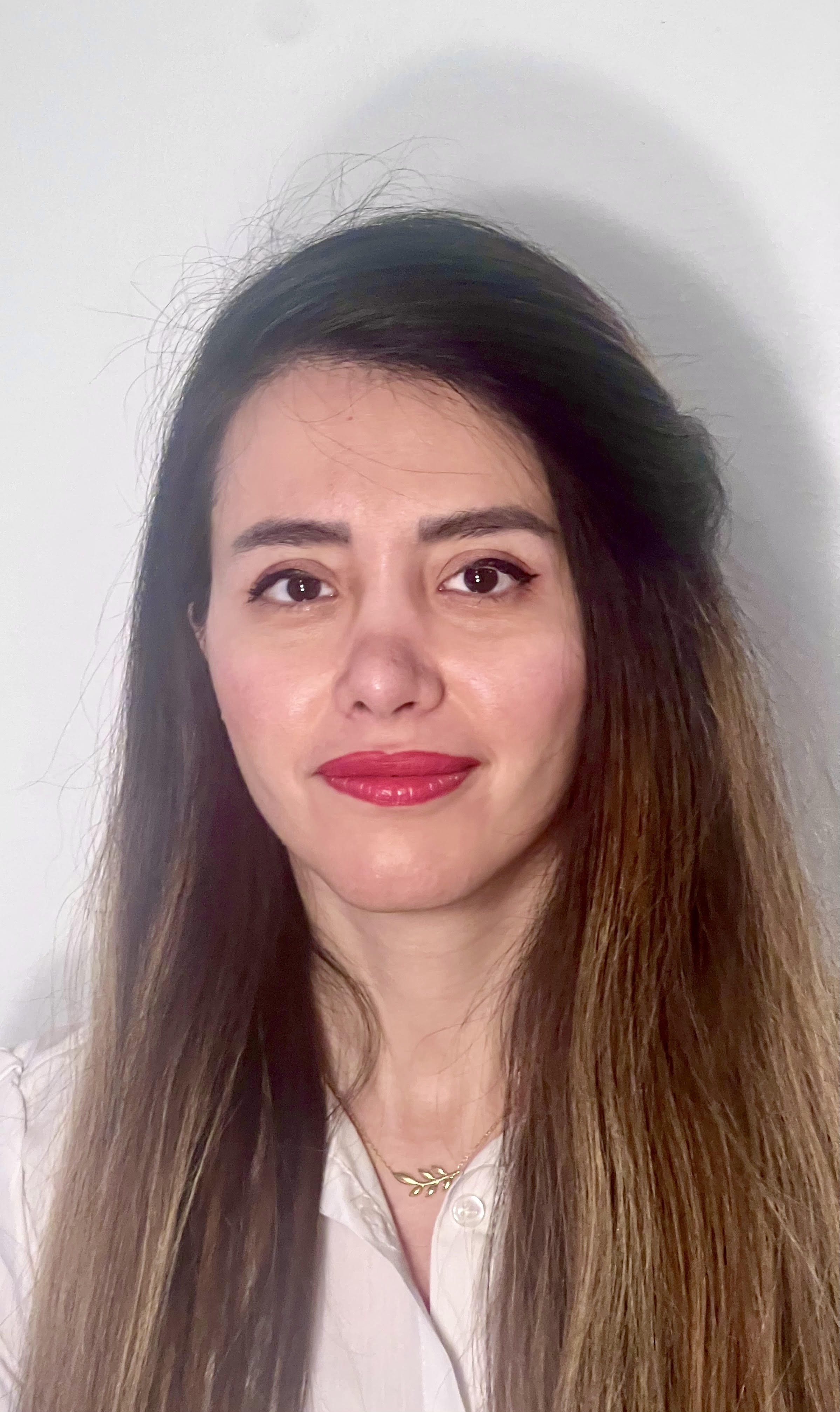Program


Martin Servin
Title:"Physics-informed 3D scene understanding and its role in planning and control of mobile equipment"
More information
Abstract:"Planning and control of mobile machinery in unstructured and dynamic environments is a difficult problem regardless of the level of automation. Machines used for construction, mining and forestry have the task of physically manipulating the environment in various ways according to a well-defined goal, e.g., transforming the terrain to a new state; loading, transporting, and, off-loading objects of a certain kind; or subdividing or merging materials into new structures. This should be executed with a certain error tolerance, minimal use of time and energy, and without causing damage to the environment. To succeed in this, it is important to have good information about the surrounding environment, e.g., in the form of a semantic 3D map including information physical properties of objects and materials. In general, many vehicles operate simultaneously in these environments. This is a complicating factor but also offers opportunities. A machine can benefit from observations generated from another machine's interaction with the environment. A machine can improve, or worsen, the conditions for another machine to perform its tasks. We therefore develop solutions to estimate physical states and properties of materials and objects in the environment of mobile equipment. The world state is represented as a 3D scene with object and material properties that supports both physics-based forward simulation, motion planning using inverse dynamics or a learned world model, and generation of synthetic sensor data for model inference. We use OpenPLX for representing these world states in an interoperable format. Demonstrations include examples from forestry and earthmoving operations involving handling of logs, rocks, and deformable terrain. "

Seung-Woo Seo
Title:"Towards Robust Off-road Navigation: Addressing Distribution Shifts in Unstructured Environments"
More information
Abstract:"To achieve robust off-road navigation, there's an increasing demand for learning-based approaches capable of generalizing beyond trained situations. However, the dynamic and highly unstructured characteristics of off-road environments invariably result in distribution shifts, which can lead to unreliable outputs from learned models. This talk will introduce key methodologies designed to address the distribution shift challenge in robust off-road navigation. Specifically, we will explore how robust perception and planning can be effectively combined with learning-based adaptation in unstructured environments. "

Michael Milford
Title:"Localization for Autonomous Underground Mining Vehicles: Lessons Learned for Introspection, Collaboration and How We Benchmark Performance"
More information
Abstract:"No research algorithm or concept fully survives contact with the "real world", and this has been our experience in a number of projects translating world class fundamental research in perception and localization into deployable technology on autonomous vehicles, both on- and off-road. A flagship example of this has been our work in localization for underground mining vehicles, which, along with other projects in on-road autonomous vehicles, have provided many valuable insights that are worth sharing and discussing with the research community. These insights include: the limitations of "gold standard" performance metrics for localization and perception in predicting a technique's real-world utility; the underappreciated role of introspection - systems that "know when they don't know"; and the need for a much more sophisticated and nuanced understanding of errors and their highly variable significance across space, time and task. I'll illustrate these key concepts using concrete examples from our industry projects in these areas, and propose some paths forward for the research sector that will better link what is rewarded and celebrated in the research community with its likely eventual utility in deployed robots and systems."

Naoki Akai, Yasuhiro Akagi, and Takayuki Morikawa
Yuan Zhang, Baohe Zhang, Chuxuan Li, Joschka Boedecker, and Guyue Zhou
Maryam Kazemi Eskeri, Thomas Wiedemann, Ville Kyrki, Dominik Baumann, and Tomasz Piotr Kucner










